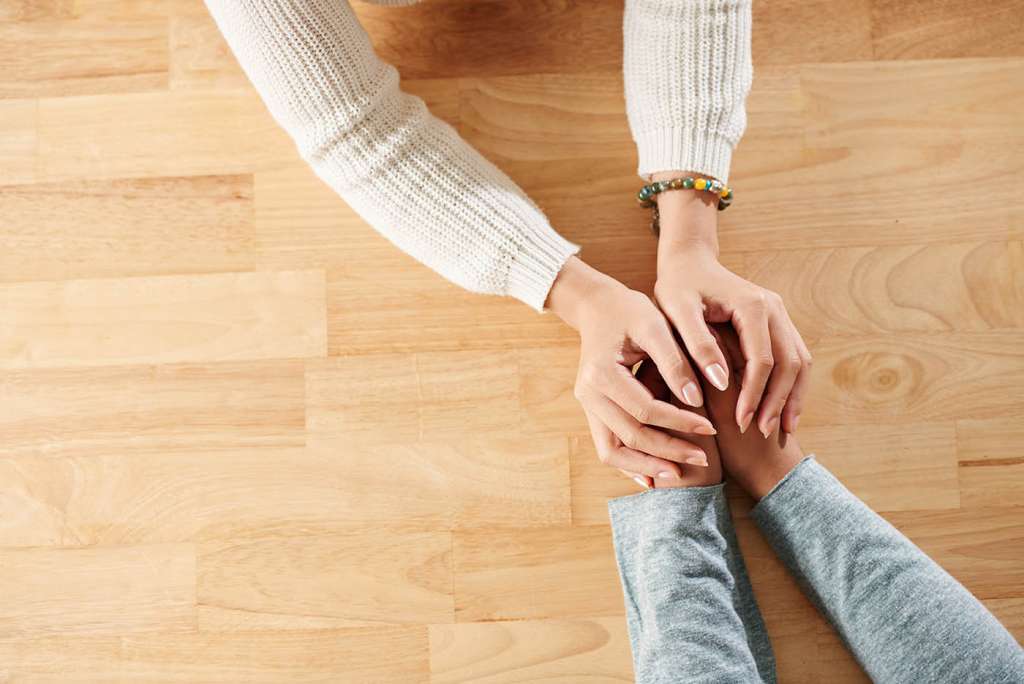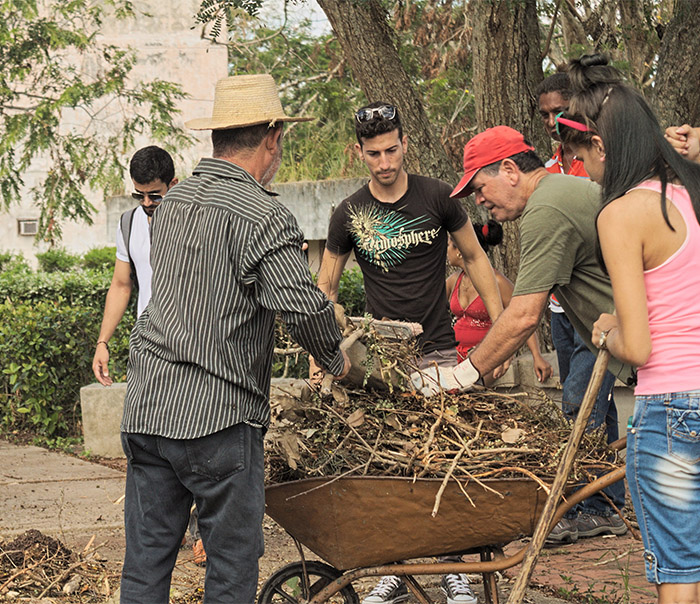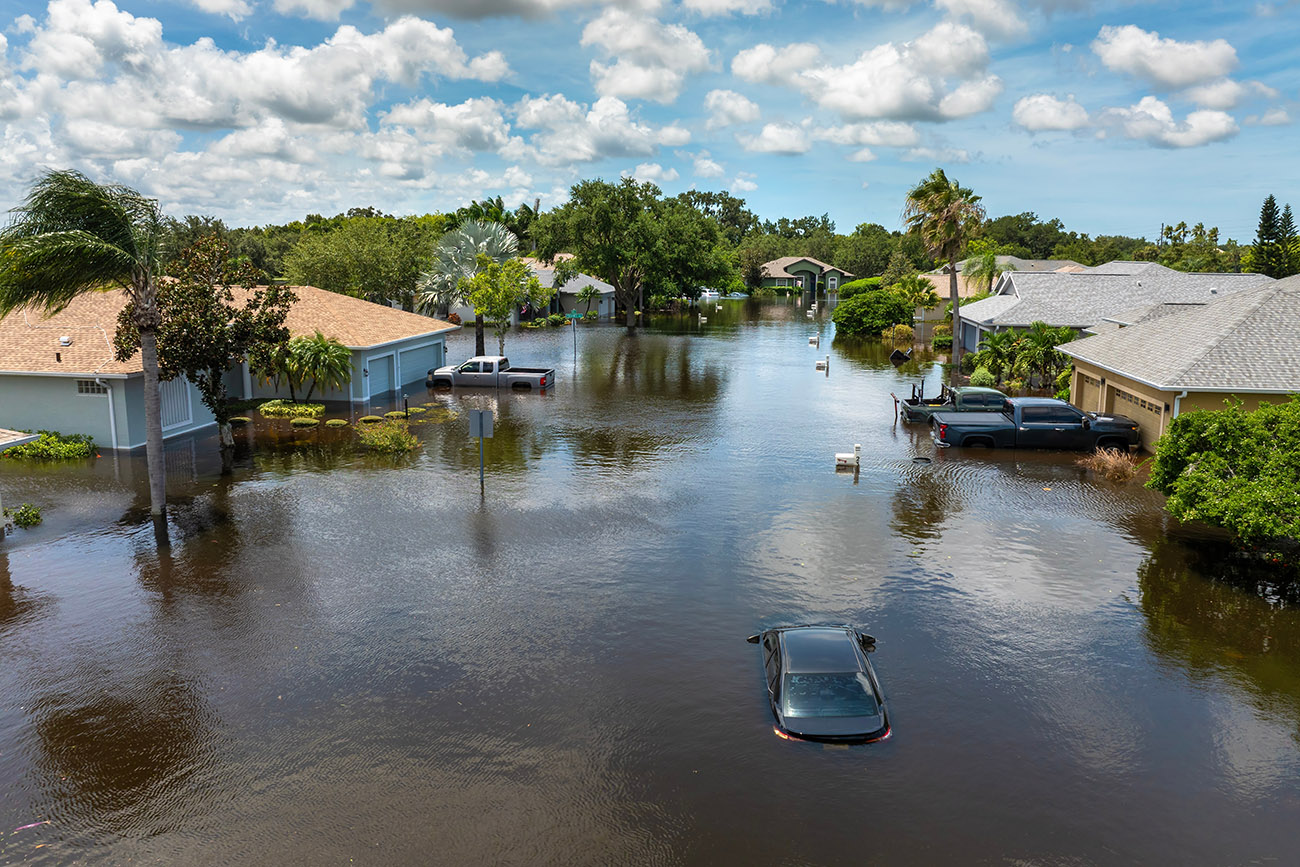Supporting Families in Need After Hurricane Helene: A Guide to Recovery and Assistance
Hurricanes can leave devastating impacts on communities, and Hurricane Helene is no exception. In the wake of such natural disasters, families often face immediate and long-term challenges, from loss of homes and possessions to emotional and financial instability. Helping families recover after a hurricane requires a coordinated effort that includes both emergency assistance and long-term support.
Here are some ways to assist families in need after Hurricane Helene:
1. Providing Immediate Relief: Food, Shelter, and Medical Assistance
After a hurricane, many families are displaced and may lose access to basic necessities. Immediate relief efforts focus on meeting these urgent needs:
-
- Food and Water: Food banks, community kitchens, and relief organizations often set up distribution centers to provide meals and clean drinking water. Organizations like the American Red Cross and Feeding America are key in distributing food and water to affected areas.
-
- Temporary Shelter: Many families lose their homes or are forced to evacuate. Temporary shelters, such as those organized by the Red Cross or local governments, provide safe housing until more permanent solutions are available. Faith-based organizations and community centers often open their doors as well.
-
- Medical Care: In the immediate aftermath of a hurricane, many families need access to urgent medical care, including treatment for injuries, access to medications, or care for chronic conditions. Mobile clinics, such as those run by organizations like Doctors Without Borders or local health departments, can be crucial in providing medical attention.
2. Financial Assistance for Families Affected by Hurricane Helene
Recovering from a hurricane can be financially devastating for families. They may need help covering expenses such as housing repairs, transportation, and daily living costs. Fortunately, there are several avenues for financial assistance:
-
- FEMA Assistance: The Federal Emergency Management Agency (FEMA) provides disaster relief funds to individuals and families affected by hurricanes. These funds can help cover temporary housing, home repairs, and other disaster-related expenses. Affected individuals can apply directly through FEMA’s website or local assistance centers.
-
- Insurance Claims: Homeowners and renters with insurance may need assistance in filing claims to cover damage to their homes or belongings. However, insurance doesn’t always cover the full scope of the damage, and families may need additional support from charities or government programs.
- Local and National Charities: Charitable organizations often raise funds to help families recover after disasters. For instance, The Salvation Army, Catholic Charities, and The United Way provide financial aid, home repairs, and other forms of relief to those affected by hurricanes.
- Crowdfunding and Community Fundraising: Many families turn to crowdfunding platforms like GoFundMe or local community fundraisers to seek financial help from friends, family, and kind-hearted strangers. These funds can help cover gaps not addressed by formal relief programs.

3. Emotional and Psychological Support
The emotional toll of a hurricane can be immense, particularly for children and vulnerable individuals. Families may be coping with the loss of loved ones, homes, or a sense of security. Emotional support is just as critical as physical relief:
- Crisis Counseling: Many families benefit from crisis counseling and mental health services in the aftermath of a disaster. FEMA’s Disaster Distress Helpline provides free, confidential counseling to anyone affected by the hurricane. Local therapists and community organizations may also offer support groups and counseling services.
- Community and Faith-Based Support: Local churches, synagogues, mosques, and other religious or community organizations often play a central role in providing emotional and spiritual support to families. These organizations can also offer a sense of community and belonging during a time of great loss.
4. Long-Term Housing Solutions
In the months following a hurricane, many families struggle to secure permanent housing. Homes may be uninhabitable due to storm damage, and repairs can take months or even years. Families may need assistance finding both temporary and long-term housing:
- Housing Repair and Rebuilding Assistance: Organizations like Habitat for Humanity work with families to repair or rebuild homes. These programs often involve both volunteer labor and financial support, helping families return to a safe living environment.
- Government Assistance Programs: In addition to FEMA’s housing aid, government programs like the U.S. Department of Housing and Urban Development (HUD) provide rental assistance and grants for home repairs. Affected individuals should reach out to local government offices or HUD agencies to inquire about available programs.
- Affordable Housing Initiatives: For families who cannot afford to repair or rebuild their homes, affordable housing programs may offer solutions. Local governments, housing authorities, and nonprofit organizations may provide affordable housing options or rental vouchers.

5. Donations and Volunteer Support
If you’re looking to help families impacted by Hurricane Helene, there are many ways to contribute:
- Donate Supplies: Families need everything from non-perishable food and water to clothing, hygiene items, and baby supplies. Donating to local shelters or food banks can directly support those in need.
- Financial Donations: Many charities are actively raising funds to provide relief. Donating to reputable organizations such as the American Red Cross, GlobalGiving, or The Salvation Army can ensure that funds reach the families most in need.
- Volunteer: If you’re able to volunteer, organizations like Team Rubicon, Habitat for Humanity, and local disaster response teams often need help with cleanup efforts, home repairs, and distributing supplies.
6. Preparing for Future Storms
Part of helping families recover also involves preparing them for future hurricanes. Education on disaster preparedness can empower families to better weather future storms:
- Building Resilience: Families can be taught how to prepare emergency kits, create evacuation plans, and secure their homes in advance of a storm. Local governments and community organizations often offer free workshops on disaster preparedness.
- Insurance and Financial Planning: Financial literacy programs that focus on disaster preparedness can help families ensure they have adequate insurance coverage, emergency savings, and plans in place to recover after a disaster.
Conclusion
Hurricane Helene has left many families facing significant challenges, but with the right support, recovery is possible. By providing immediate relief, financial assistance, emotional support, and long-term housing solutions, we can help these families rebuild their lives. Whether through donating, volunteering, or simply offering a helping hand, every effort counts in ensuring that families in need have the resources they need to recover and thrive after the storm.

